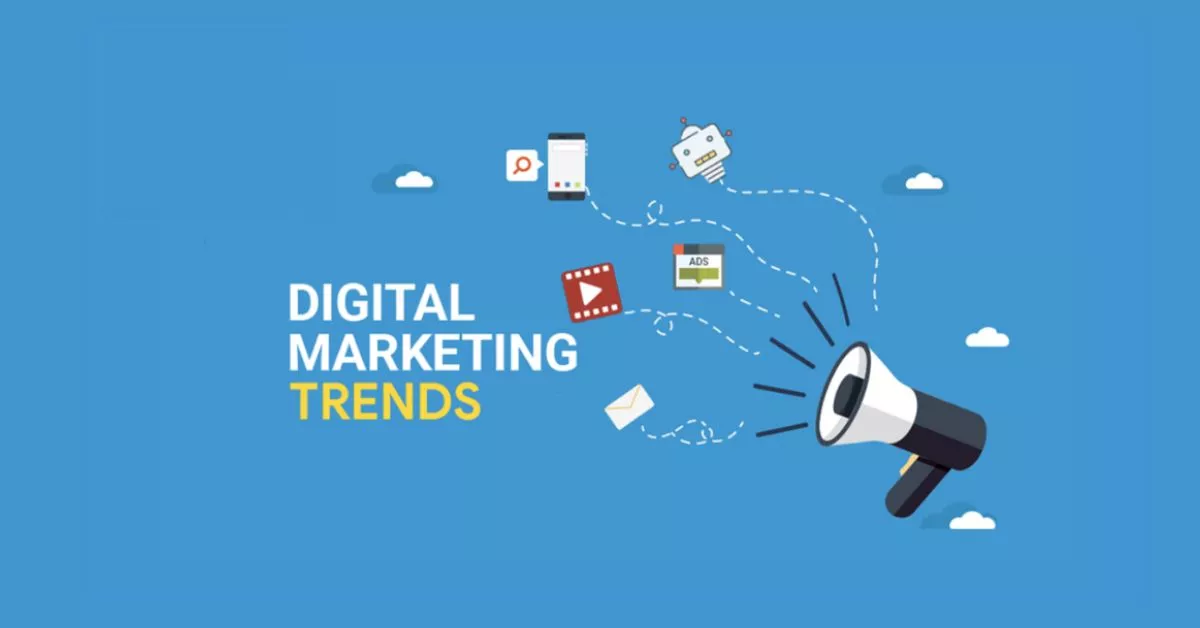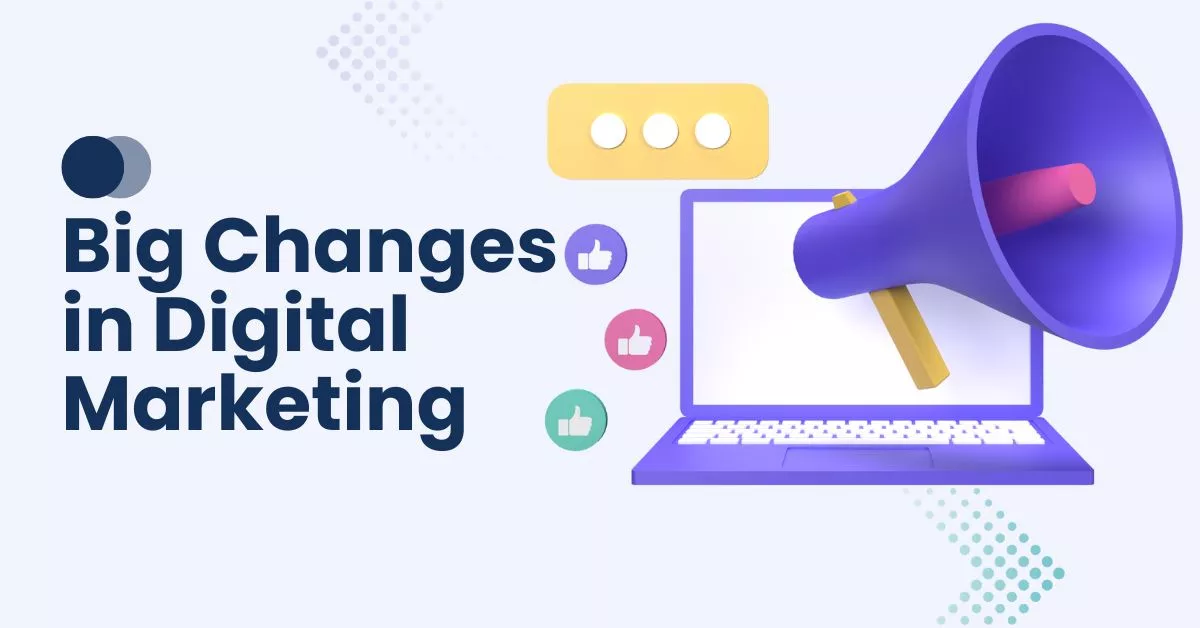In the ever-evolving landscape of digital marketing, adaptation is key to staying ahead. As technology advances and consumer behavior shifts, businesses must prepare for significant changes. Here are essential tips to gear up for the future of digital marketing.

I. Data-Driven Strategies
Data is the foundation of effective digital marketing. Leverage analytics tools to gather insights about your audience. Analyze user behavior, preferences, and demographics to tailor your marketing campaigns for maximum impact.
II. Content Relevance and Quality
Quality content remains king. Create engaging, valuable, and relevant content that resonates with your target audience. Video content, interactive posts, and storytelling can enhance user engagement and foster meaningful connections.
III. Mobile-First Approach
With the majority of internet users accessing content via mobile devices, optimizing for mobile is non-negotiable. Ensure your website, emails, and advertisements are mobile-friendly to enhance user experience and SEO rankings.
IV. AI and Chatbots
Artificial Intelligence (AI) and chatbots are revolutionizing customer interactions. Implement AI-powered chatbots for instant customer support, personalized recommendations, and efficient lead generation. Utilize AI algorithms to automate marketing tasks and enhance efficiency.
V. Social Commerce
Social media platforms are evolving into shopping hubs. Embrace social commerce by integrating direct purchasing options on social platforms. Leverage influencers and user-generated content to boost brand credibility and sales.
VI. Privacy and Transparency
Consumer privacy concerns are at an all-time high. Be transparent about data usage, obtain user consent, and comply with privacy regulations like GDPR. Building trust through transparent practices is crucial for customer loyalty.
VII. Voice Search Optimization
Voice search is on the rise, thanks to smart assistants like Siri and Alexa. Optimize your content for voice search queries by focusing on natural language and long-tail keywords. Voice search optimization enhances your visibility in voice search results.
Also read- AI Mind Reading: A New Breakthrough in Understanding and Controlling AI Systems.
VIII. Augmented Reality (AR) and Virtual Reality (VR)
AR and VR technologies provide immersive experiences for consumers. Explore creative ways to incorporate AR and VR into your marketing strategies, allowing customers to engage with products or services in innovative ways.
IX. Sustainability and Social Responsibility
Consumers are increasingly conscious of environmental and social issues. Embrace sustainability and social responsibility in your marketing efforts. Showcase eco-friendly practices and support social causes to resonate with socially aware consumers.
X. Cybersecurity
As digital marketing strategies advance, cybersecurity becomes paramount. Protect customer data, secure payment gateways, and stay updated with the latest cybersecurity protocols to build trust and prevent data breaches.
Embracing these changes and staying ahead of the curve is essential for success in the ever-changing digital marketing landscape. By adopting innovative technologies, prioritizing user experience, and upholding ethical standards, businesses can thrive amidst digital transformation.

Also read- How to Create a Digital Marketing Strategy with AI: Unleashing the Power of Technology.
Frequently Asked Questions
Q: What are the biggest changes happening in digital marketing?
The biggest changes happening in digital marketing include:
- The rise of artificial intelligence (AI) and machine learning (ML): AI and ML are being used to automate many tasks in digital marketing, such as ad targeting, content creation, and customer segmentation.
- The growth of social media: Social media is becoming increasingly important for businesses to reach and engage their target audiences.
- The shift to mobile marketing: More and more people are using their smartphones and tablets to access the internet, so businesses need to make sure their websites and marketing campaigns are mobile-friendly.
- The increasing importance of data privacy: Governments and consumers are becoming more concerned about data privacy, so businesses need to be transparent about how they collect and use data.
Q: How can businesses prepare for these changes?
Businesses can prepare for the changes in digital marketing by:
- Investing in AI and ML technologies: AI and ML can help businesses automate tasks, improve efficiency, and make better decisions.
- Developing a social media marketing strategy: Businesses need to have a plan for how they will use social media to reach and engage their target audiences.
- Optimizing their websites and marketing campaigns for mobile: Businesses need to make sure their websites are easy to navigate on mobile devices and that their marketing campaigns are relevant to mobile users.
- Developing a data privacy policy: Businesses need to have a policy in place that explains how they collect and use data. They also need to make it easy for consumers to opt out of having their data collected.
Q: What are some specific tips for businesses that want to stay ahead of the curve in digital marketing?
Here are some specific tips for businesses that want to stay ahead of the curve in digital marketing:
- Experiment with new technologies and platforms: Don’t be afraid to experiment with new digital marketing technologies and platforms. This is the best way to find out what works best for your business.
- Focus on creating high-quality content: Content is still king in digital marketing. Businesses need to focus on creating high-quality content that is relevant and informative to their target audiences.
- Personalize your marketing messages: Consumers expect personalized marketing messages. Businesses need to use data to segment their audiences and send them targeted messages that are relevant to their needs and interests.
- Track your results and measure your ROI: It is important to track your digital marketing results and measure your ROI. This will help you identify what is working and what is not, and make necessary adjustments to your campaigns.
